Optimal Timing for Pool Closings
Determining the optimal time for pool closings involves considering seasonal weather patterns, local climate, and usage trends. Typically, pool owners close their pools when temperatures consistently drop below comfortable swimming levels, often in late fall or early winter. Proper timing ensures the pool is protected from harsh weather conditions, reducing potential damage and maintenance costs.
Pool closings are recommended when outdoor temperatures remain below 55°F consistently, as this prevents algae growth and water deterioration.
Closing pools before the first frost or heavy snowfall minimizes winter damage and simplifies spring reopening procedures.
If pool usage declines significantly in late fall, it is an ideal time to schedule a closing to avoid unnecessary maintenance during off-season months.
Regions with mild winters may require later closings, while colder climates benefit from early closures to prevent freeze damage.
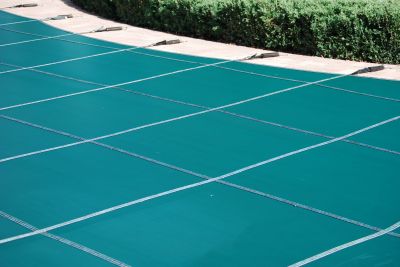
A secure cover is essential for protecting the pool during the off-season.
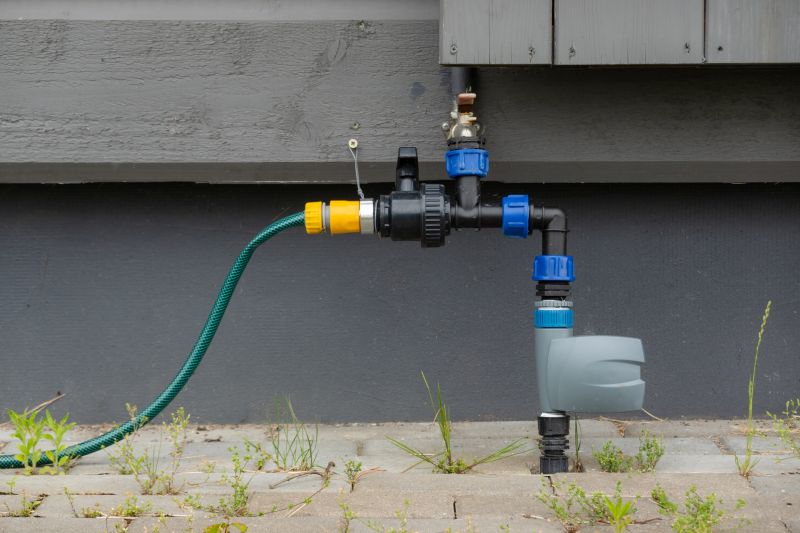
Properly shutting down filtration and circulation systems prevents freeze damage.
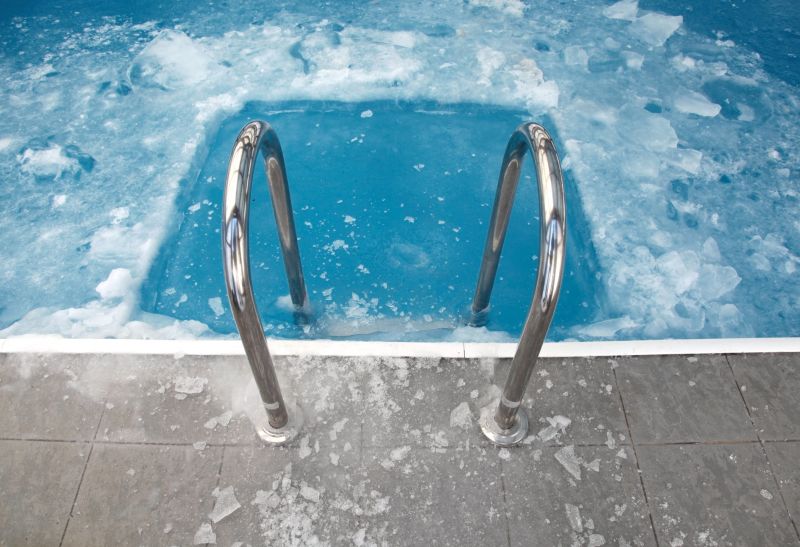
Implementing insulation and heating solutions can minimize winter-related issues.
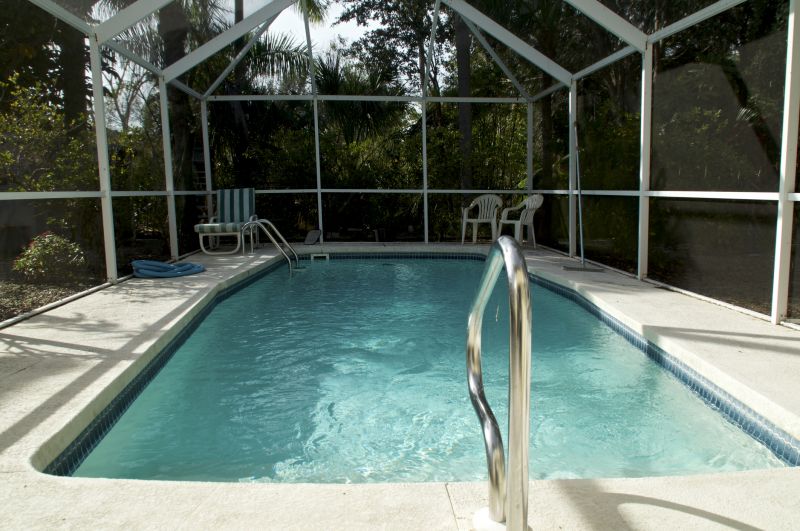
Ways to make Pool Closings work in tight or awkward layouts.

Popular materials for Pool Closings and why they hold up over time.
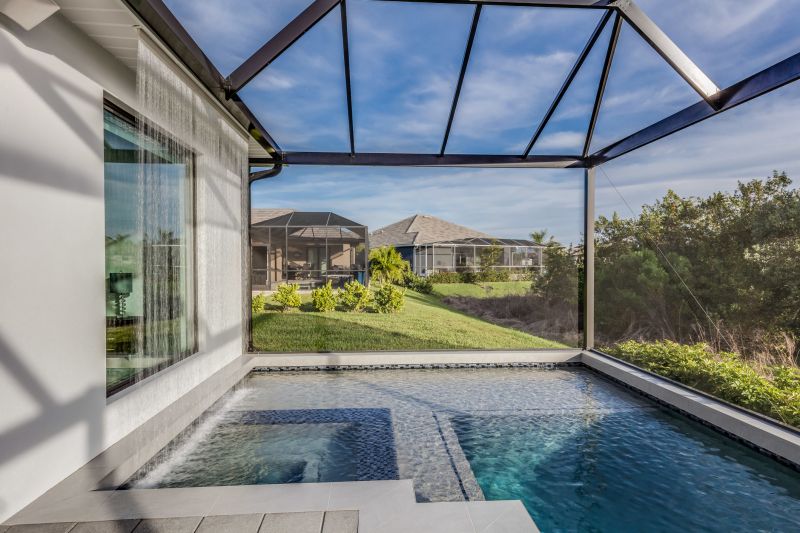
Simple add-ons that improve Pool Closings without blowing the budget.
| Aspect | Optimal Timing |
|---|---|
| Temperature | Below 55°F |
| Frost Dates | Before first frost |
| Pool Usage | Significant decline in fall |
| Weather Conditions | Stable and dry |
| Water Chemistry | Balanced and stable |
Pool closings are a crucial aspect of maintaining pool integrity and longevity. Proper timing ensures minimal damage from freezing temperatures and debris accumulation. Statistics indicate that improperly timed pool closures can lead to increased repair costs and water quality issues in the spring. By scheduling closings at the right time, pool owners can protect their investment and simplify the reopening process.
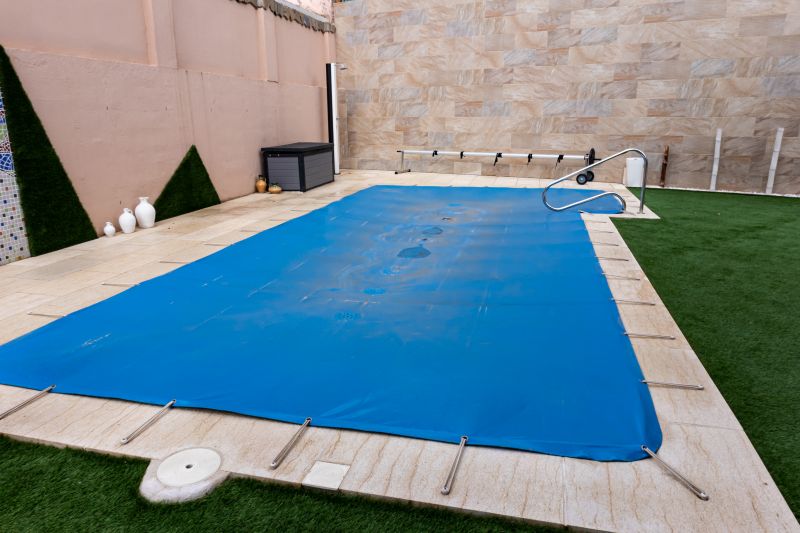
A high-quality cover prevents debris and weather elements from entering the pool.
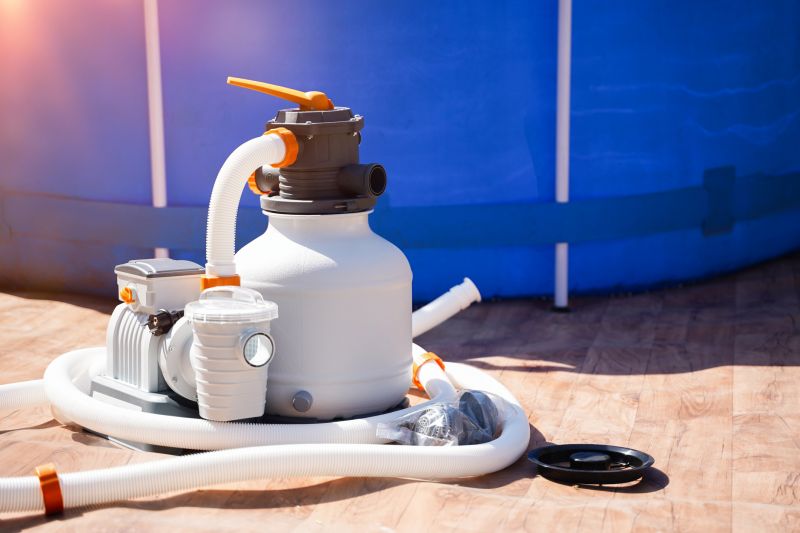
Proper winterization of pumps and filters is essential for damage prevention.
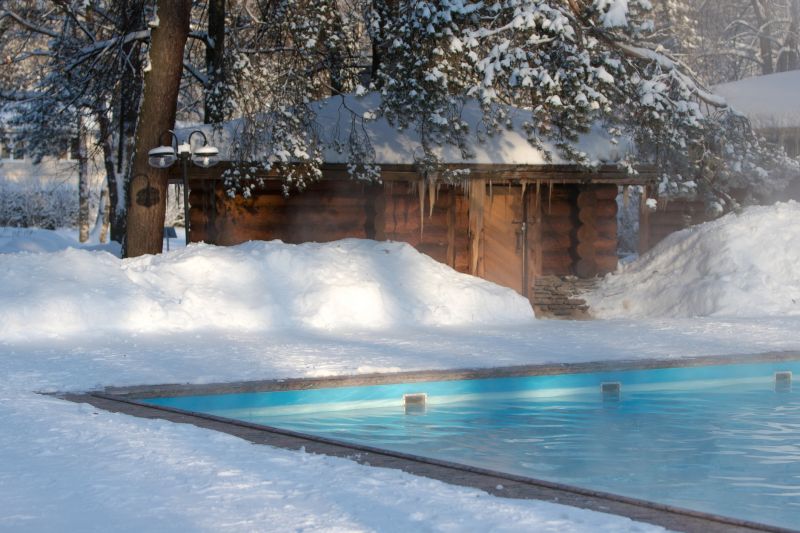
Early closing avoids damage caused by ice expansion.
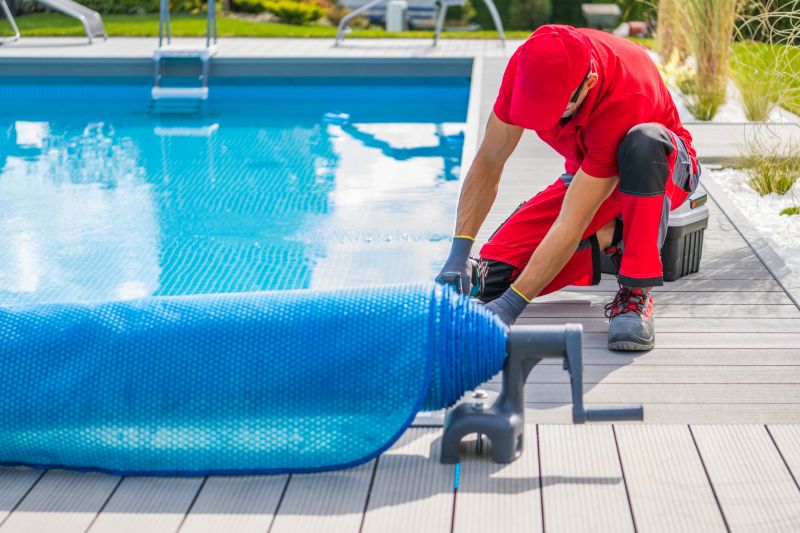
Properly closed pools facilitate easier spring reopening.

High-end options that actually feel worth it for Pool Closings.
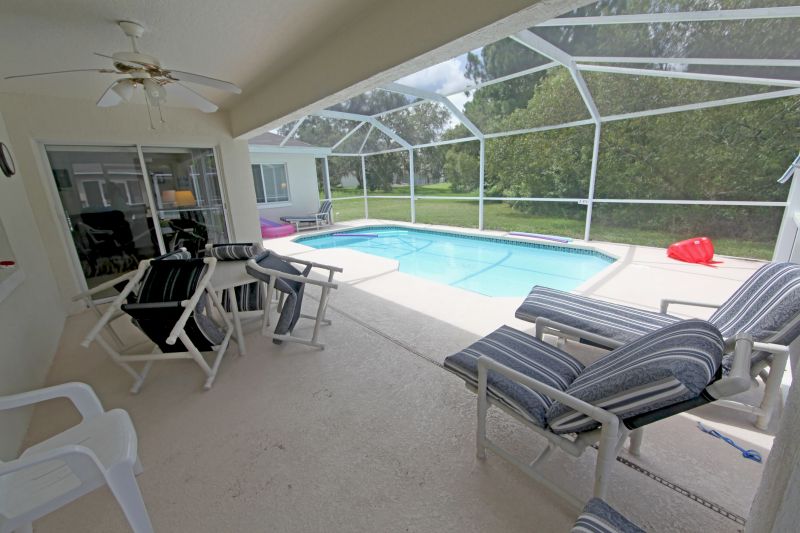
Finishes and colors that play nicely with Pool Closings.
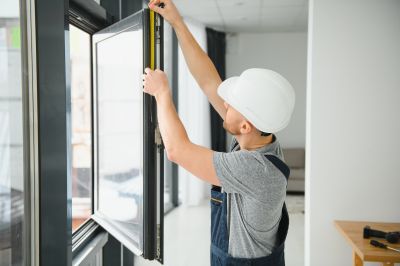
Little measurements that prevent headaches on Pool Closings day.
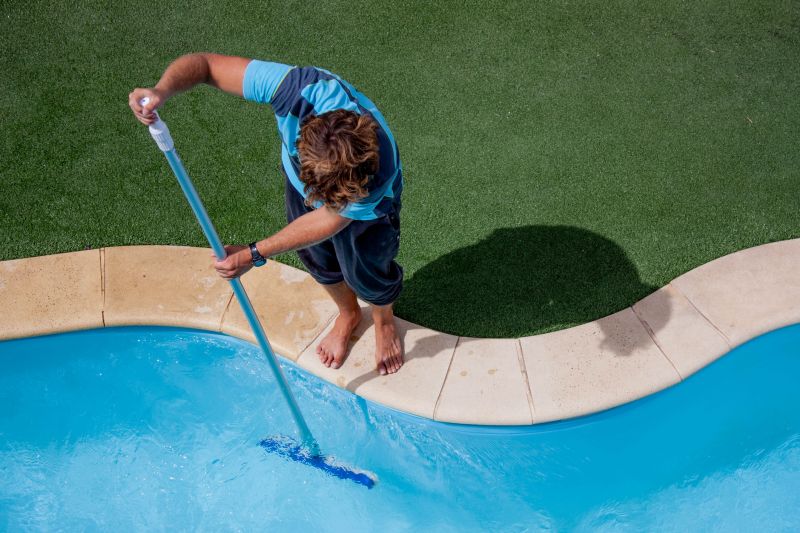
A 60-second routine that keeps Pool Closings looking new.
Interested in scheduling a pool closing? Filling out the contact form provides an easy way to arrange professional winterization services and ensure the pool remains protected during the off-season.



